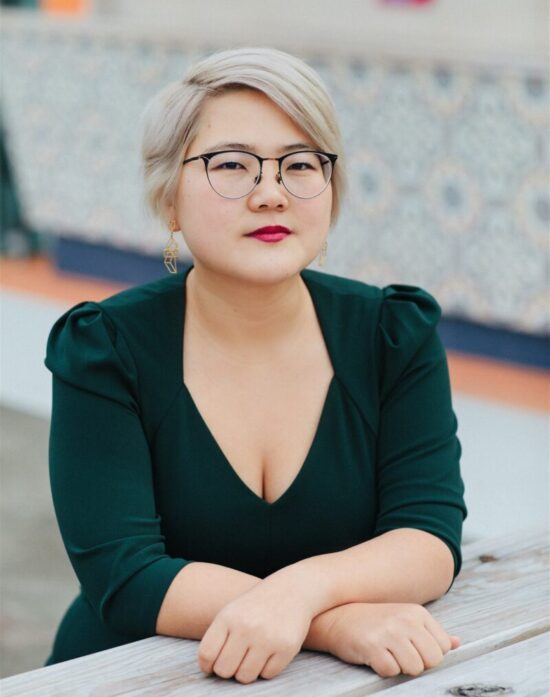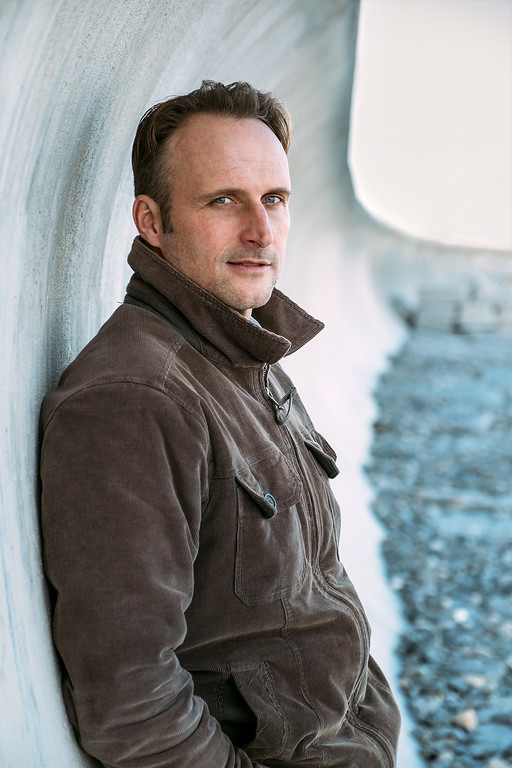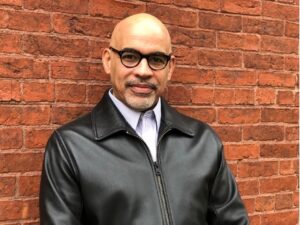ELIZA BREWER interviews ANGELA CHEN
Ace: What Asexuality Reveals About Desire, Society, and the Meaning of Sex is Angela Chen’s first book: an incredible feat considering the breadth of topics that Chen covers with the adroitness that only an experienced journalist could bring. This is a book about asexuality, the often overlooked ‘A’ in LGBTQIA, and the ace community. But the book also challenges everyone, regardless of sexual identity, to interrogate their own relationship to romance, sex, desire, and culture. Chen is particularly interested in the phenomenon of compulsory sexuality, which, in her own words, describes, “a set of assumptions and behaviors that support the idea that every normal person is sexual, that not wanting (socially approved) sex is unnatural and wrong, and that people who don’t care about sexuality are missing out on an utterly necessary experience.”














 This interview is the fifth in a new series, Writers on Writing, which focuses on craft and process. The series is part of The Common’s 10th anniversary celebration.
This interview is the fifth in a new series, Writers on Writing, which focuses on craft and process. The series is part of The Common’s 10th anniversary celebration.



